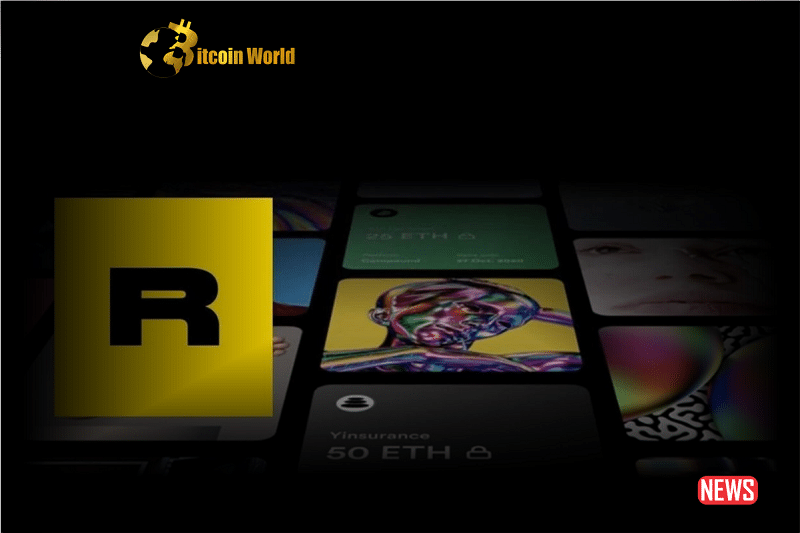
In a daring move that has sent shockwaves through the NFT universe, Rarible, the trailblazing nonfungible token (NFT) marketplace, has experienced an unprecedented surge in trading activity over the past 24 hours. The catalyst? A resounding public declaration advocating for the preservation of NFT creator royalties.
While rival NFT marketplaces like OpenSea have been backtracking on their commitment to royalties and their stringent enforcement, Rarible has chosen a divergent path. This bold stance has not only invigorated the NFT community but has triggered a domino effect, prompting other NFT projects to follow suit and rethink their support for OpenSea.
Analytical insights from the industry’s trusted source, DappRadar, provide a staggering testament to Rarible’s recent triumph. Within the span of a mere day, Rarible’s fiat trading volume skyrocketed by an astounding 585%, surging to a remarkable $45,000 on the eventful day of August 23rd.
While some might perceive these figures as diminutive when compared to those of its formidable competitors, Rarible’s surge in trading volume defied expectations, outperforming the likes of OpenSea and LooksRare. These rival platforms experienced rather disheartening declines in their trading volumes, with OpenSea and LooksRare suffering dips of around 19% and a staggering 74%, respectively. A more modest rise in volume, 8.8%, was observed by X2Y2 during the same time frame.
This remarkable upturn in Rarible’s trading volume can be attributed to the visionary stance of its co-founder, Alex Salnikov. On the auspicious day of August 22nd, Salnikov proclaimed a resolute decision that Rarible “will no longer support marketplaces that neglect royalties.” As a powerful testament to this commitment, by September 30th, Rarible will cease to aggregate orders from OpenSea, LooksRare, or X2Y2.
In a fervent declaration, Salnikov emphasized, “This space is about redefining the paradigm in which creativity is valued and compensated. We cannot continue to standby as that promise is taken away.” This statement resonates deeply with artists, creators, and collectors alike, who yearn for a fairer and more equitable NFT landscape.
The ripple effect of Rarible’s decision harkens back to February, when OpenSea, one of the industry’s giants, made the controversial move to abolish the enforcement of NFT creator royalties. Acknowledging the loss of ground to Blur, a competing NFT marketplace with a more laissez-faire approach, OpenSea signaled retreat from its original stance.
On August 17th, OpenSea’s announcement about discontinuing its royalty enforcement tool, which enabled creators to blacklist platforms lacking royalty enforcement, struck a chord within the community. This pivotal moment was rooted in the platform’s quest for greater adoption, even at the cost of creator compensation.
In a climate where the royalties accrued by Ethereum-based NFT projects plunged to a two-year nadir, as per data from esteemed analytics firm Nansen, Rarible’s resounding success carries significant implications. It demonstrates that a commitment to creator royalties not only holds moral weight but can also shape the economic landscape of the NFT world.
As the dust settles, Rarible stands as a testament to the power of principled decisions in shaping industry dynamics. The NFT landscape is evolving, and Rarible’s meteoric rise is undoubtedly steering it toward a path that champions creators, innovation, and the promise of equitable compensation.
The post NFT marketplace Rarible sees uptick after commitment to royalties appeared first on BitcoinWorld.















